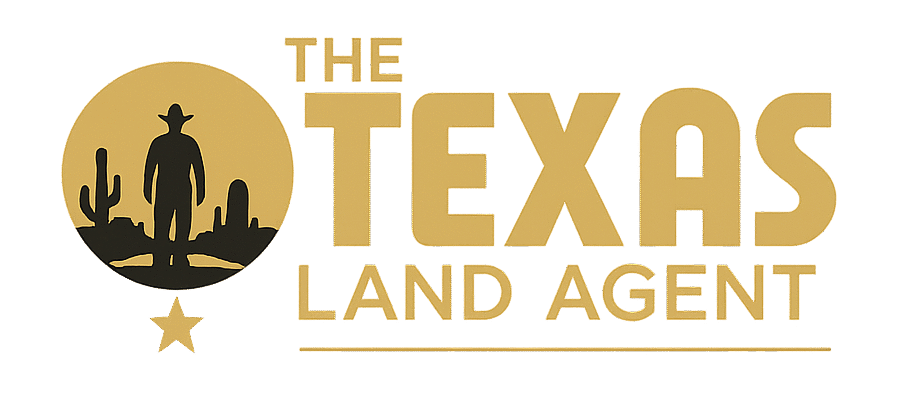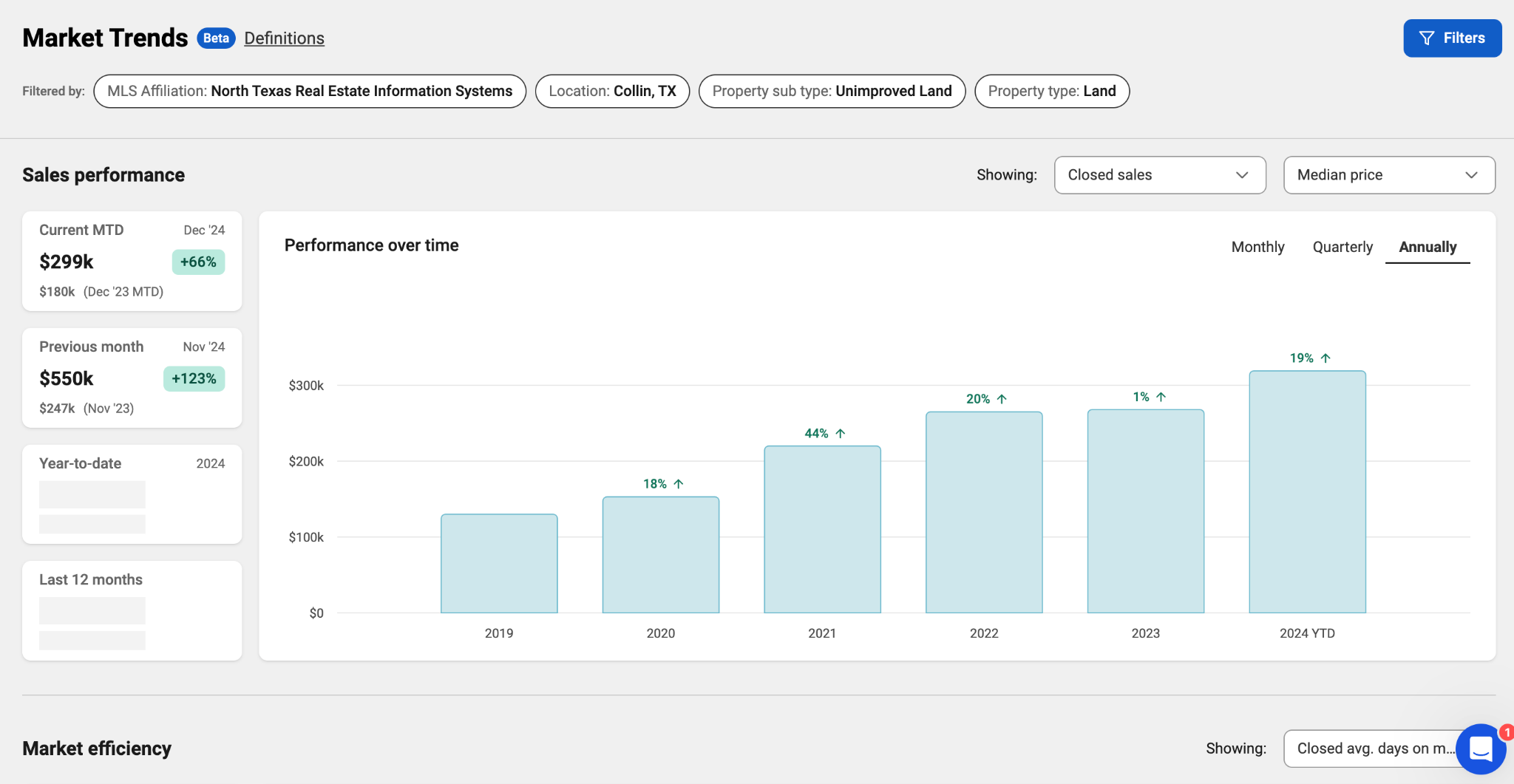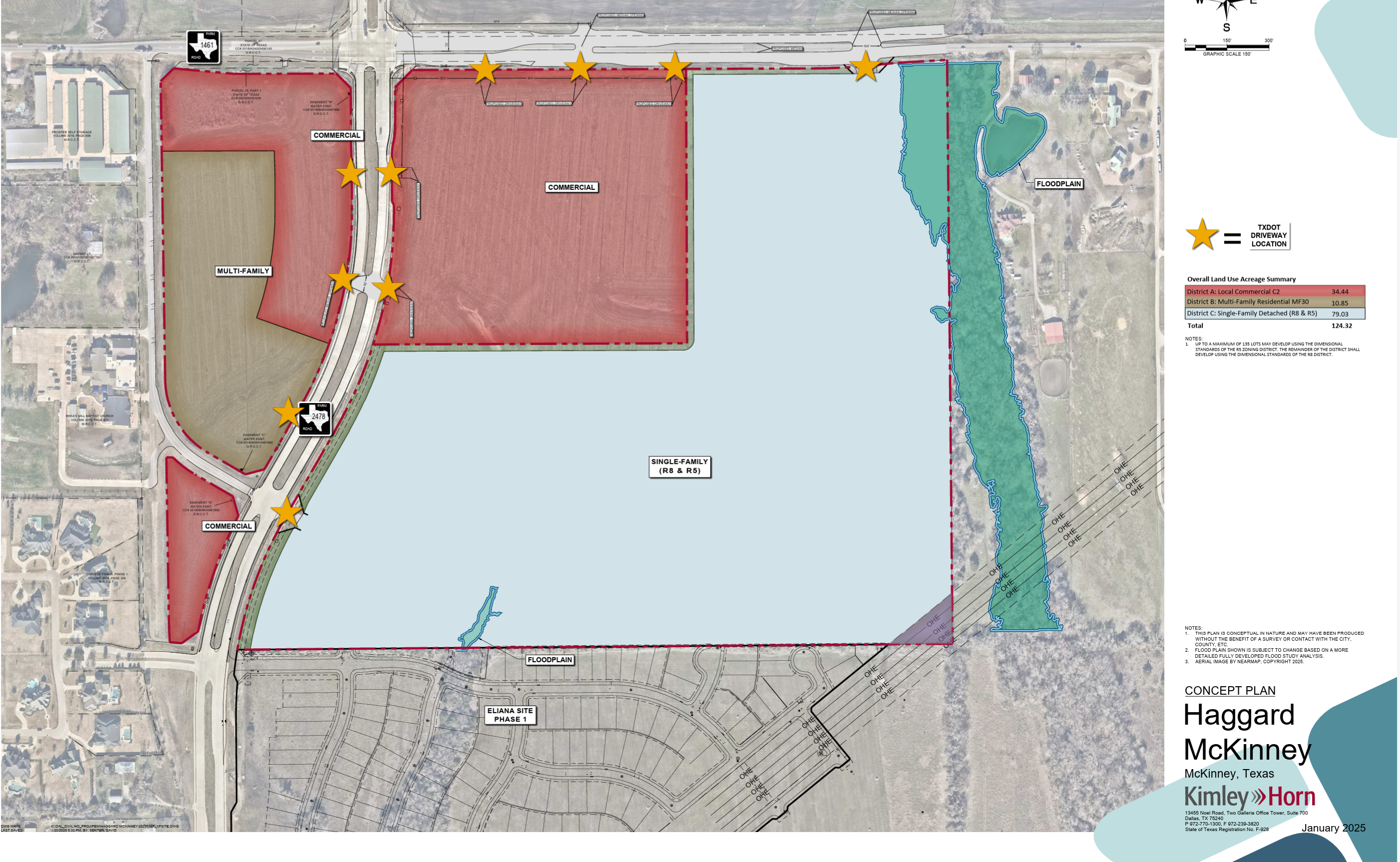If you’re buying or selling a manufactured home, there’s one critical question you need to ask upfront: Is the manufactured home real property vs personal property? This legal classification affects everything … from financing and title transfer to appraisals and taxes. Understanding the difference can save you time, money, and headaches.
What’s the Difference Between Personal and Real Property?
In real estate, real property means land and anything permanently affixed to it, like site-built homes, barns, or garages. Personal property, on the other hand, includes movable items, such as vehicles or manufactured homes that are not permanently attached to land.
When is a Manufactured Home Considered Personal Property?
A manufactured home is treated as personal property when:
- It sits on leased land
- It is not permanently affixed to a foundation
- It is titled through the DMV or TDHCA instead of the county
- Taxes are paid as personal property, not real estate
In this case, the home is sold with a title, not a deed, and buyers typically need a chattel loan (similar to a vehicle loan).
When is a Manufactured Home Considered Real Property?
A manufactured home is considered real property when:
- It is permanently affixed to a site-built foundation
- It is on land owned by the homeowner
- The owner has filed a Statement of Ownership and Location (SOL) to convert the title
- The home is taxed as real estate
📌 In this scenario, it is sold with a warranty deed, and traditional mortgage financing may apply.
Why Classification Impacts Buying and Selling
Here’s how property type affects your transaction:
Financing
- Personal Property = Chattel loans, higher rates, shorter terms
- Real Property = Conventional, FHA, or VA loans available
Title Transfer
- Personal = Title certificate
- Real = Deed recorded with the county
Appraisal & Value
- Real property homes use MLS comps
- Personal property often has limited appraisal comparables
Insurance & Taxes
- Real property gets homeowner’s insurance and property taxes
- Personal property is often taxed like a vehicle
Sellers – Know What You’re Listing
Before listing, confirm:
- Do you own the land?
- Is the home installed on a permanent foundation?
- Have you retired the title and converted it to real property?
This will determine whether your buyer can get standard mortgage financing—or if cash or chattel financing is needed.
Buyers – What to Ask Before You Buy
Ask these before making an offer:
- Is the home real or personal property?
- Does the seller own the land?
- Can I get traditional financing, or do I need a chattel loan?
- Will I receive a title or a deed?
These details shape your financing, insurance, and resale value.
How to Convert a Manufactured Home to Real Property in Texas
- Place the home on a permanent foundation
- File a Statement of Ownership and Location (SOL) with TDHCA
- Ensure the home is on land you own
- Submit documents to retire the title
- Record conversion with the County Clerk
Final Thoughts: Don’t Let the Classification Surprise You
Knowing whether a manufactured home is real or personal property isn’t just paperwork—it shapes the entire transaction. If you’re unsure, work with a real estate team that knows how to navigate these deals.
At North 40 Land Group, we help clients understand how land and manufactured homes interact—whether you’re buying your first rural property or getting ready to list a home that’s been in your family for decades.
👉 Got questions about manufactured homes and property type? Let’s talk.
Texas has a great resource of information through TDHCA. Click here for information on Manufactured Homes




